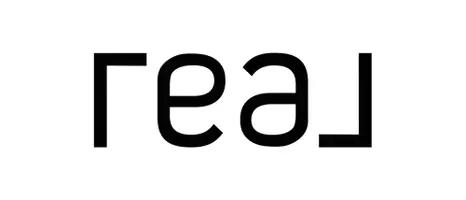Difference Between a Deposit and a Down Payment

Buying a house with a Deposit as part of the Down Payment
In Manitoba real estate transactions, a deposit and a down payment are two distinct financial components that are often confused but serve very different purposes in the purchase of a home.
A deposit is the amount of money you include with your offer to demonstrate to the seller that you're serious about buying their home. A down payment is the portion of the home’s purchase price that you pay upfront when finalizing the purchase.
What is a Deposit?
The deposit is a good faith payment that shows the buyer’s commitment to the purchase once the offer has been accepted. It becomes part of the total purchase price but is held in trust until closing. This trust account can be compared to an escrow account, whereby the funds are held until it is safe to release them to the rightful owner.
When Is the Deposit Amount Decided?
At the time of writing the offer the buyer and their REALTOR® propose a deposit amount in the Offer to Purchase (OTP). This amount is part of the negotiation and is disclosed to the seller before the offer is accepted.
The deposit is legally binding once the offer is accepted.
That’s why it’s important to choose an amount you’re fully prepared to submit quickly.
Who Sets the Deposit Amount?
-
The buyer decides the amount in consultation with their agent.
-
There's no legal minimum, but common practice is 1%–5% of the purchase price.
-
A larger deposit may make your offer appear stronger and more serious to the seller, especially in a competitive market.
When Is the Deposit Paid?
-
The Offer to Purchase will specify how much and when the deposit must be delivered based on the time of acceptance.
-
Most commonly, it’s required within 24–48 hours of the seller’s acceptance.
-
It's typically paid to the listing brokerage’s trust account via certified cheque or electronic transfer. If paid by cash it will be deposited by the broker receiving it.
How the Deposit Is Applied Toward the Down Payment
When you make an initial deposit after your offer is accepted, that amount is held in trust (typically by the listing brokerage). Then, when it comes time to close the transaction, the lawyer handling the purchase includes that deposit as part of your total down payment contribution.
Example
Let’s say you're buying a home for $400,000, and your required down payment is $20,000 (5%)
| Description | Amount | |
|---|---|---|
| 1️⃣ | Deposit given after offer accepted | $5,000 |
| 2️⃣ | Total down payment required at closing | $20,000 |
| 3️⃣ | Balance due at closing | $15,000 |
| 💼 | Lawyer collects and reconciles all funds | Deposit + balance = $20,000 total down payment |
The deposit reduces the remaining amount you need to bring to your lawyer for closing day.
Deposit = early portion of your down payment, paid upfront.
It is subtracted from the full down payment amount you owe at closing.
When Is the Deposit Returned?
The deposit becomes part of the purchase funds unless,
1. Offer Falls Through Due to Unmet Conditions
If the buyer includes conditions in the offer (e.g., financing, home inspection, sale of existing home) and those conditions aren’t met, the deal is typically cancelled within the condition deadline.
In this case,
-
The deposit is returned in full to the buyer
-
Must be documented in writing (usually a Mutual Cancellation Form signed by both parties)
-
No penalty or forfeiture applies
2. Seller Doesn’t Accept or Counter Offer
If the seller rejects the offer entirely or the buyer withdraws before acceptance, no deal is made.
In this case,
-
No deposit is paid because the offer was never accepted
-
If pre-paid in error, it is returned
When Is the Deposit Not Automatically Returned?
3. Buyer Walks Away After Waiving Conditions
If the buyer removes all conditions and then backs out of the deal (without legal cause), the deposit may be forfeited to the seller.
-
The seller can claim the deposit as damages or pursue legal action
-
The buyer may dispute it and in that case, the deposit is held in trust until both parties agree or a court decides
4. Dispute Between Buyer and Seller
If there's a disagreement about who is entitled to the deposit, it remains in trust with the brokerage or lawyer until both parties sign a release or a court resolves the matter.
Always work with your REALTOR® and lawyer to clarify conditions and protect your deposit rights in writing.
Summary Chart
| Scenario | Is Deposit Returned? |
|---|---|
| Buyer doesn’t waive conditions | ✅ Yes – in full |
| Seller rejects the offer | ✅ Yes - No deposit taken |
| Buyer backs out after waiving conditions | ❌ Possibly forfeited |
| Dispute arises over cancellation | ⏳ Held in trust until resolved |
What is a Down Payment?
Purpose
The down payment is the portion of the purchase price that the buyer pays from their own funds, not covered by a mortgage.
Timing
-
It is paid at closing (on possession day), through your lawyer’s trust account.
-
The buyer must have it available when finalizing financing and before title transfer.
Amount
-
Minimum requirement in Canada
-
5% for homes under $500,000
-
5% on first $500,000 + 10% on any amount above that (for homes up to $1M)
-
20% or more for homes priced over $1M or to avoid mortgage insurance
-
-
Must be from verifiable sources (e.g., savings, RRSPs, gifted funds)
Acceptable Investment Sources for a Down Payment
You can use your investments for a down payment, just ensure they’re properly documented and time the withdrawal to avoid delays.
Common Accepted Investment Types
-
RRSPs (Registered Retirement Savings Plans)
➤ Under the Home Buyers’ Plan (HBP), first-time buyers can withdraw up to $35,000 per person tax-free (must repay over 15 years). -
TFSA (Tax-Free Savings Account)
➤ Withdrawals are tax-free and flexible. Funds from a TFSA can be used anytime with no repayment rules. -
Non-registered Investment Accounts
➤ Includes stocks, mutual funds, ETFs, GICs, etc. These can be liquidated and used toward your down payment. -
RESPs or Inheritance Investments
➤ In some cases, gifted or inherited investment funds may also be used, with appropriate documentation.
What You’ll Need to Show Your Lender
Mortgage lenders require proof of where your down payment came from, especially when using investments.
Documentation May Include,
-
Recent account statements showing sufficient funds
-
Proof of liquidation (e.g., sale of stocks or GICs)
-
Deposit into a bank account that matches your name
-
For RRSP withdrawals under the Home Buyers Plan - confirmation from CRA
Liquidate investments a few weeks in advance to ensure funds are available and traceable by closing.
Watch Out For,
-
Volatile investments - Avoid leaving funds in risky assets too close to closing day.
-
Delays in fund transfers - Some investment sales take several days to process.
-
Unverifiable sources - Lenders will reject any funds that can’t be traced or clearly documented.
Using Sale Proceeds as a Down Payment
In Manitoba real estate, you can use the proceeds from the sale of your current home as the down payment on your next home, this is a very common practice across Canada.
When It Works Smoothly
If your current home sells and closes before or on the same day as your new home purchase, your lawyer can transfer the sale proceeds directly to cover the down payment (and other closing costs) on the new property.
What If the Sale Closes After the Purchase?
Both banks and credit unions in Manitoba commonly offer bridge financing (also known as a bridge loan or interim financing) to help homeowners transition from selling one property to buying another.
What is Bridge Financing?
Bridge financing is a short-term loan that allows you to use the equity from your current home as the down payment for your new home before your sale closes.
-
Provided by your lender (e.g., a bank or credit union)
-
Temporarily covers the down payment and other funds needed for the new purchase
-
Paid back in full when your current home sale closes
Requirements for a Bridge Loan
-
You must have an unconditional offer on your current home (firm sale)
- A signed purchase agreement on your new home
-
The lender will confirm the exact equity expected from the sale
-
Fees and interest may apply (usually low and short-term)
- Good credit and income verification
Key Features
| Feature | Bridge Financing (Banks & Credit Unions) |
|---|---|
| Term | Usually 1–90 days (short-term only) |
| Interest Rate | Variable; often Prime + 2–4% (depends on lender) |
| Repayment | Lump sum when your existing home closes |
| Purpose | Cover down payment and/or closing costs |
| Security | Secured against your current (selling) home |
Example
You’re buying a new home for $500,000 and selling your current one for $400,000
-
After paying off your mortgage, you walk away with $150,000 in equity
-
That $150,000 can be used for your down payment and closing costs
-
If your purchase closes before your sale a bridge loan can cover the gap
Important Notes
- Make sure your mortgage approval reflects the plan to use sale proceeds
-
Interest is charged only for the days you use the loan
- Always confirm timing and paperwork with your lender early in the process
-
Coordinate closing dates with the help of your REALTOR® and lawyer
- Your lawyer coordinates the payout and repayment on closing day
Tara Zacharias, REALTOR®
Categories
Recent Posts
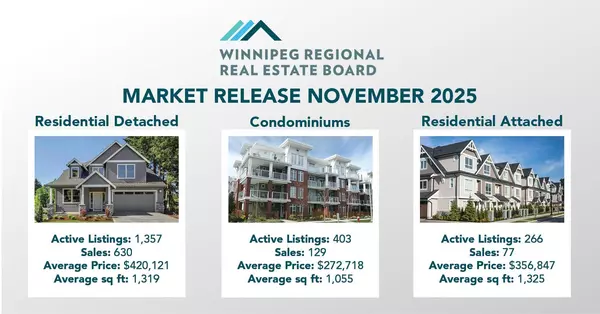
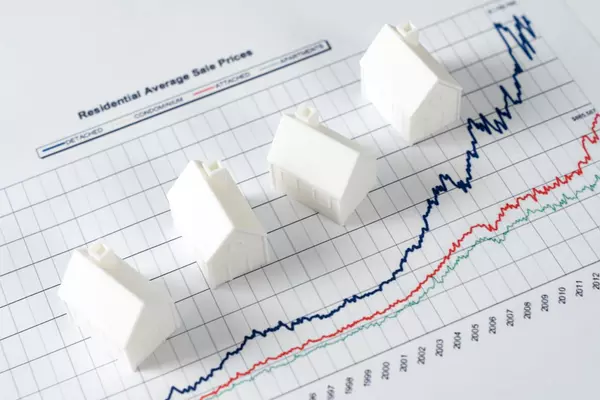
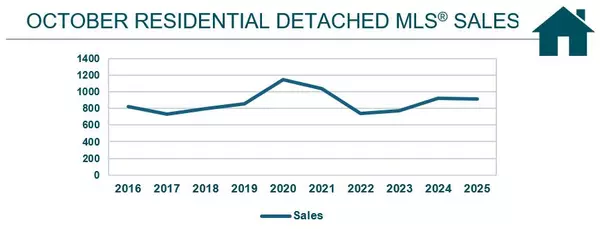
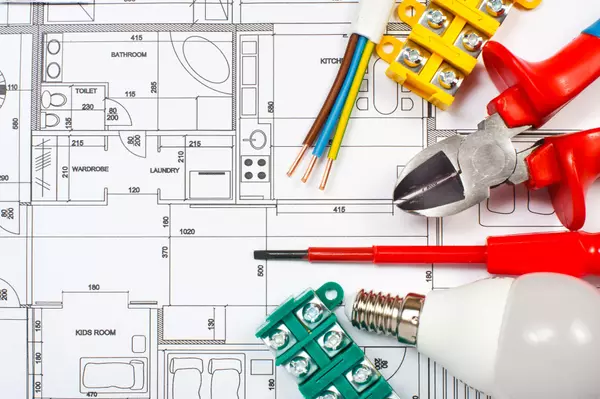

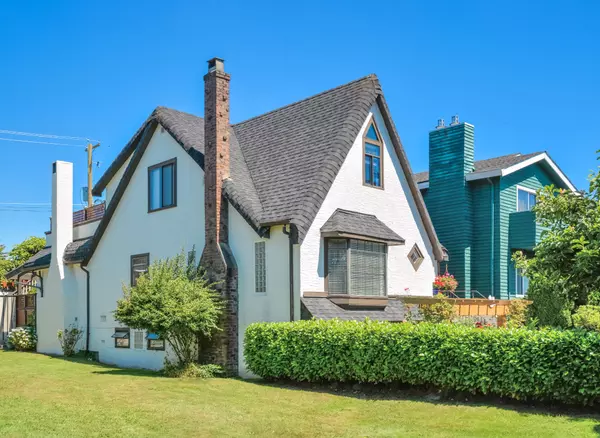
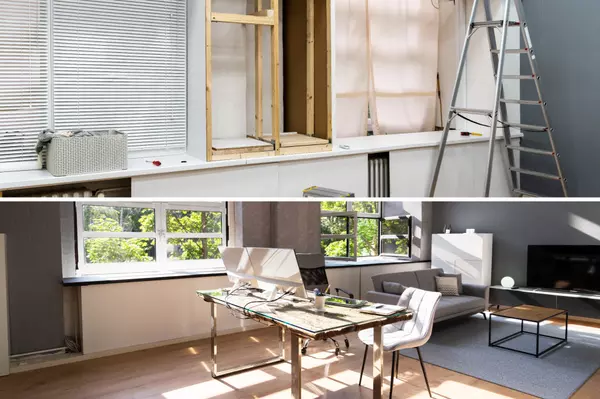
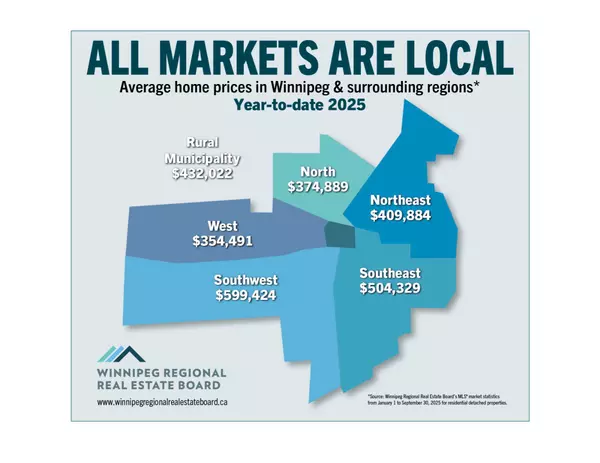
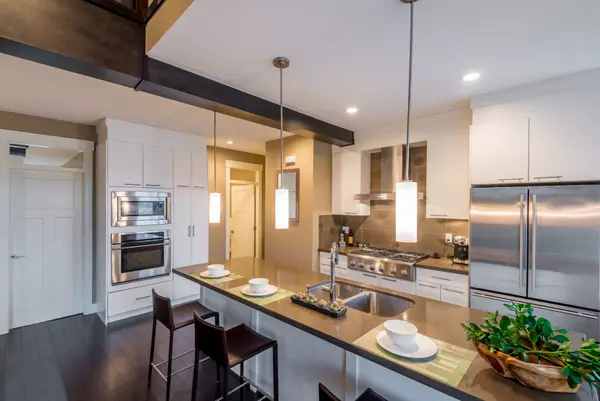
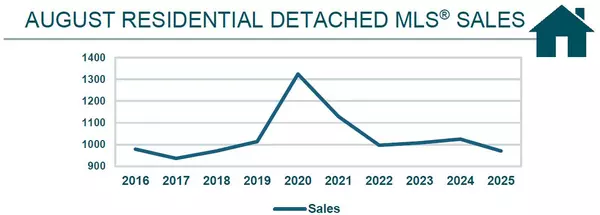
Leave a Reply
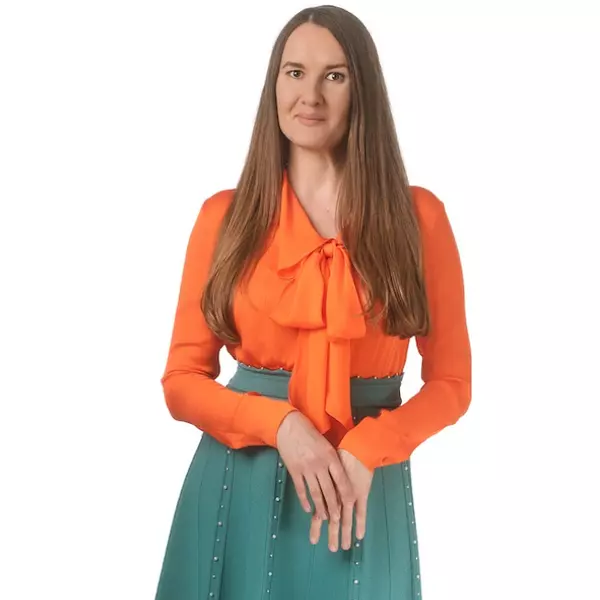 REALTOR®
REALTOR®I became a REALTOR® because I truly enjoy helping people find the place that feels like home and because providing exceptional service during such an important moment in someone’s life is something I genuinely care about. Supporting sellers as they move on, move up, or move forward is just as meaningful, and being part of that transition is something I’m grateful to contribute to.
I make the buying or selling journey feel organized and approachable with clear communication and practical guidance. With an approach supported by market data, trends, and neighbourhood insights, you'll always understand what’s happening and how to make the most informed decisions.
Whether you’re buying your first home, selling a place filled with memories, or planning your next step, I’m here as someone who listens, shows up, and puts your goals at the centre of every decision. I'm focused on what serves you best.
I'm Tara Zacharias, a real estate salesperson located in the vibrant city of Winnipeg. Thanks for stopping by and taking the time to get to know me!+1(204) 293-0933 tara@tarazacharias.com330 St Mary Ave, Winnipeg, MB, R3C 3Z5, CAN
https://tarazacharias.com/
